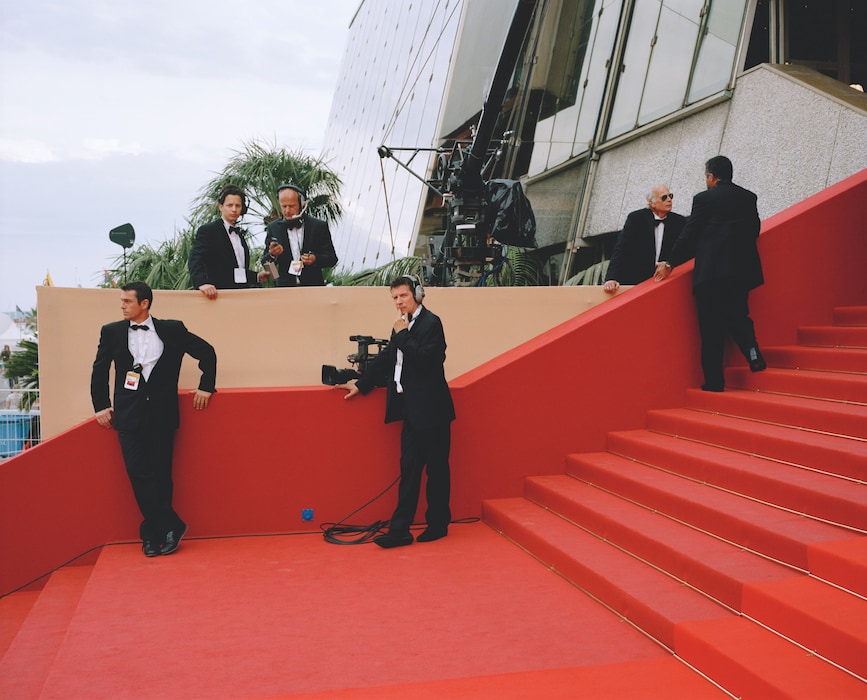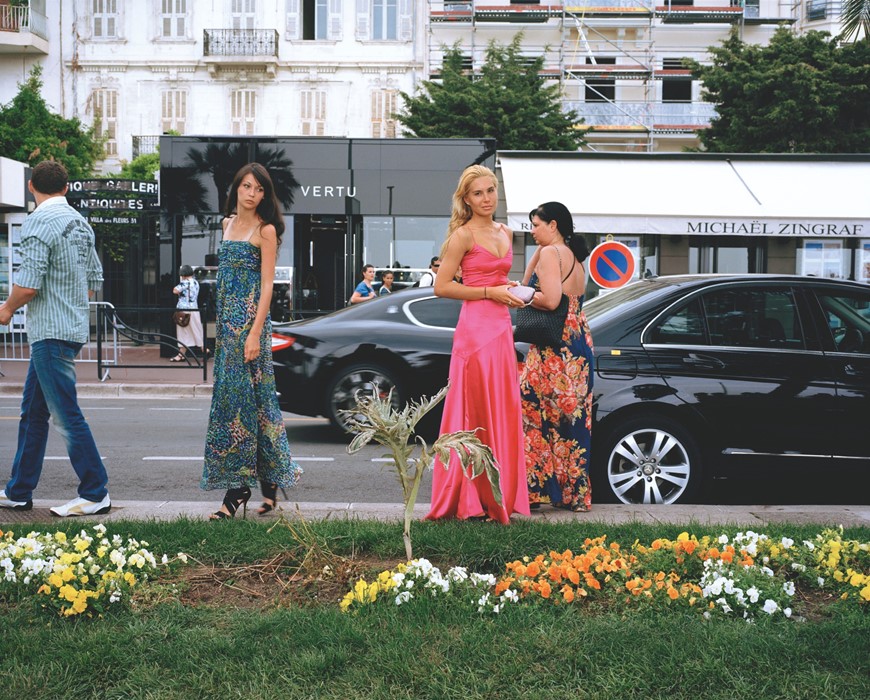As the film festival draws to a close, we consider the cinematic highs and lows offered up this year
As the 2015 edition of the Cannes Film Festival draws to a close, and before the awards are doled out on Sunday, it is time to reflect on the highs and lows of 2015’s selection. It was an odd year, in which many festival-goers experienced a curious sense that the overall line-up was somewhat weak, despite there being some good films in competition. This perceived lack of quality may have come from a very spread-out selection: there were a lot of movies vying for attention this year, a lot of star power, and this perhaps detracted from the sense of the festival as an exhibition room for cinematic art. So without further ado, let’s consider the standouts and the disappointments from the starriest film festival of the year, alongside Valentine Vermeil’s glorious technicolor renderings of the carnival of the Croisette.

Highlights
Death
Two Palme d’Or winners, Nanni Moretti and Apichatpong Weerasethakul, brought great films to the Croisette this year with Mia Madre and Cemetery of Splendours respectively. Both films found a way to talk about life and death without labouring the point or losing in lyricism. Cemetery of Splendours is a gorgeously poetic, stunningly inventive meditation, set in a children’s hospital that has been converted into a makeshift hospital for soldiers. The revelation that the hospital is built on the old grounds of a cemetery tips the film towards the spiritual. We see death refracted through past lives; we understand the accumulation of human existence through a sensory exploration of time and place, Weerasethakul showing the dimension that imagination can offer in cinema.
Mia Madre sees Moretti also preoccupied with death. A director is struggling to get her socio-political film made, even as her mother is dying in hospital. The two dimensions of the story feed each other: Moretti uses filmmaking as an analogy for powerlessness, showing the director unable to maintain control over her own existence when faced with this loss. The scenes between Margherita (Margherita Buy) and her dying mother are poignant, yet conversely, his proposition on filmmaking is almost burlesque, featuring a heightened John Turturro merrily eating scenery as the capricious and self-centred American actor wrecking Margherita’s film. The film’s control, its elegance, its humanity, mark a huge return to form.

Messiness
Where Mia Madre shows control and Cemetery of Splendour revels in its own mastery of form, two films of variable quality this year made the case for a cinema of ideas, of trying stuff out. Valerie Donzelli’s flawed and lyrical Marguerite et Julien tells the true story of an incestuous union between a brother and sister in 1603, set in a strange era between then and modern day, with helicopters appearing at one point and costumes drawing on a gamut of periods. What start off as irritating stylistic tics and affectations become winningly audacious flourishes as the passionate story grows.
Mountains May Depart is a coruscating look at modern consumerist China, seen in three connected stories set in 1999, 2014 and 2025. Jia Zhangke’s hand is heavy – the film starts with a dance routine set to ‘Go West’ – but he attempts so much and often succeeds in this Balzac-y tale of a love triangle torn apart. Zhangke understands the way the political affects the personal: his attempt to show this over a period of 26 years, reaching into the future, is brash and pig-headed, resulting in a futuristic sequence that fails – but when he’s good, he’s very good.

The Lobster
Yorgos Lanthimos’s new film was highly anticipated and did not disappoint: telling the story of humans who can expect to be turned into animals if they do not find a life partner within 45 days, this biting, funny, shocking parable turns into a tender love story in a second half that is full of surprises. Lanthimos always talks about our world by using metaphor, situating his characters at a remove from reality, and here, because of his assured storytelling, his horrifying and bleak universe immediately seems plausible. Exceptionally beautiful, shocking, funny, surprising and heartfelt, The Lobster is an odd beast indeed.

Lowpoints
Sexism and the patriarchy
In a year when women were turned away from the red carpet for wearing flats, the festival could have done with slightly fewer phallocentric films in which men reflect on the world and objectify and/or sideline women. But there it was, a huge theme this year: it’s there in Paolo Sorrentino’s smug, facile Youth, in Woody Allen’s tired and patronising Irrational Man, and in Gaspar Noe’s porny-but-still-somehow-boring Love. Youth finds Michael Caine and Harvey Keitel discoursing on the meaning of life while eyeing up Miss Universe; Irrational Man sees Woody Allen excusing a relationship between a teacher and his young student, and treating an older female character with scorn; and Love is overtly hateful towards women, showing them as sexual objects to be owned and somehow loathed by the film’s vile hero.

The English language
Perhaps a sign of the globalisation of cinema, many films this year were in English but directed by non-English speakers. At best, as in The Lobster, the director has been able to convey his vision even though this is not his natural idiom; at worst, the director flounders and is unable to make something natural-seeming or honest. In Love, in a key scene in which the main character reveals that a woman is pregnant, his girlfriend screams at him: “Of who? OF WHO?” The last part of Mountains May Depart is almost completely tanked by its poor command of English: no-one seems to know what they’re doing, everyone acts badly, and Zhangke does not seem in command of his universe. It’s to be hoped that this is a mere phase, and that Cannes will show in future that directors telling stories in their own language (in all senses) results in dynamic and expressive cinema.







